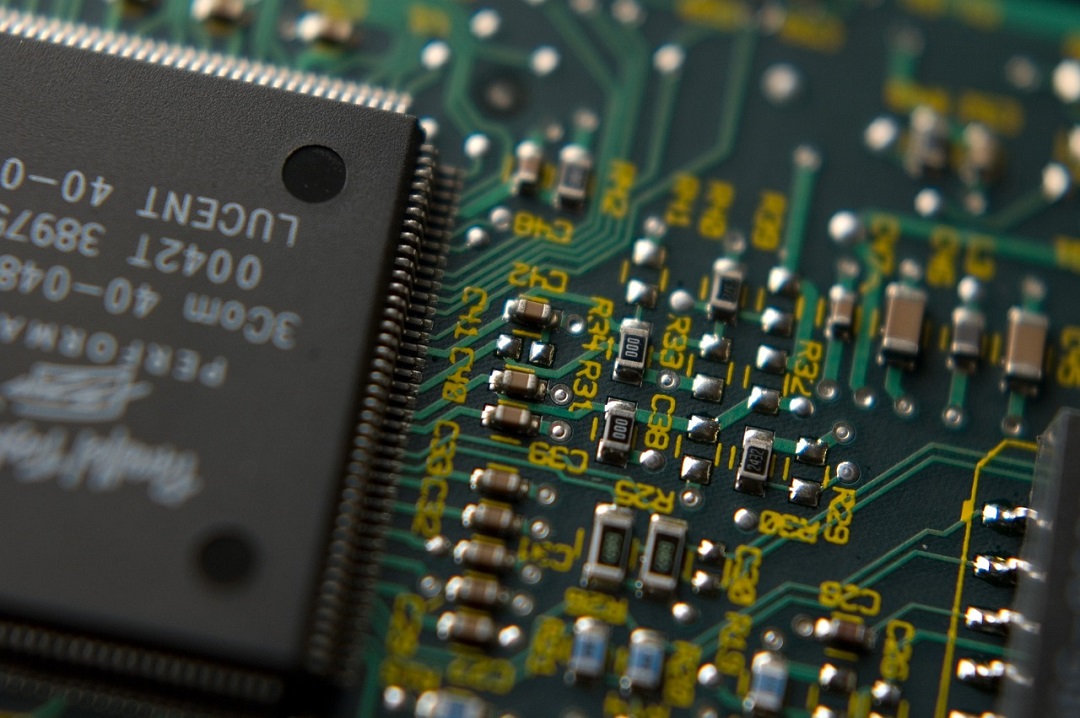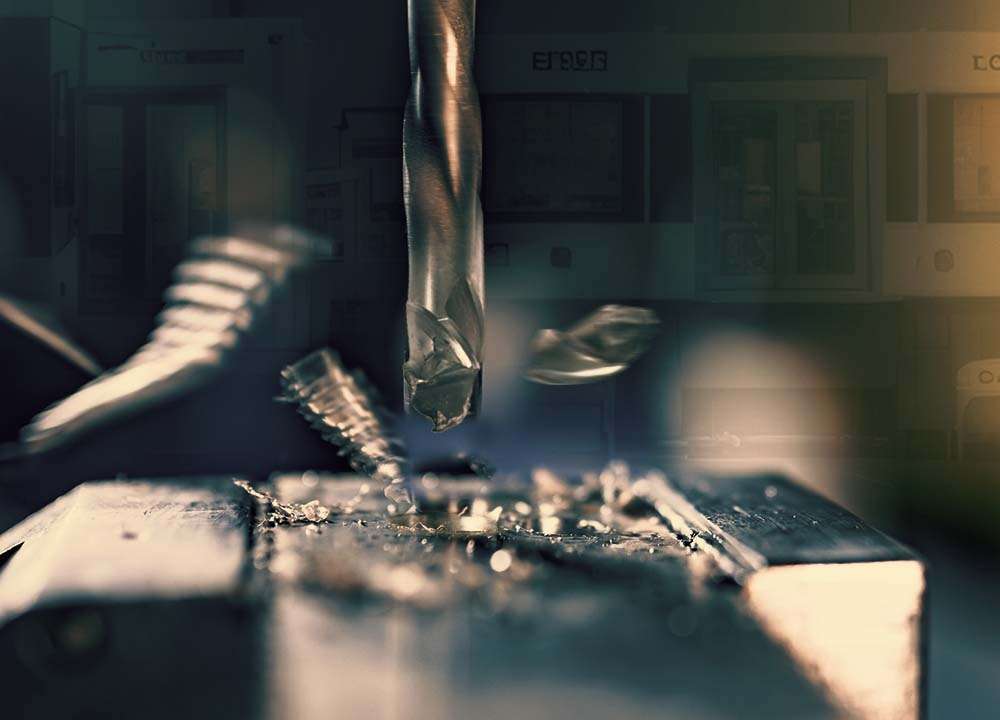The Ministry of Electronics and Information Technology (MeitY) is transforming the semiconductor design landscape in India through a series of well-coordinated initiatives aimed at making chip design accessible across the country. This move is in line with Prime Minister Narendra Modi’s vision of “Design in India is as important as Make in India,” ensuring that talented individuals from every corner of the nation can participate in chip design.
The government’s C2S Program is set to produce 85,000 skilled professionals with expertise in semiconductor chip design at various academic levels (B.Tech, M.Tech, and Ph.D.). The program offers hands-on experience in chip design, fabrication, and testing through collaborative training sessions with industry leaders, mentorship, and access to essential resources like EDA tools and semiconductor foundries.
As part of this initiative, the ChipIN Centre, one of the largest design facilities at C-DAC, has been established to bring cutting-edge chip design tools to the semiconductor community. The center will host the latest technology for designing chips at advanced nodes, including 5nm, and provide comprehensive services for fabrication and packaging.
On March 20, 2025, Hon’ble Minister Shri Ashwini Vaishnaw, accompanied by senior officials from the Ministry of Electronics and Information Technology (MeitY), unveiled significant milestones under the C2S Program. One of the highlights was the grand finale of the “Analog and Digital Hackathons,” which saw the participation of 40 teams and 200 innovators.
This 100-hour competition, held in collaboration with AMD, Synopsys, and CoreEL Technologies, challenged participants with coding tasks that addressed real-world problems in both digital and analog design. The teams were provided with advanced EDA and cloud resources to enhance their performance during the event.
The Analog Design Hackathon concluded with Team Intuition from IIT Delhi securing the first prize, followed by Team Analog Edge from NIT Rourkela in second place, and Team FETManiacs from IIT Guwahati in third place. In the Digital Design Hackathon, Team RISCB from IIT Bombay claimed the top prize, with Team Silicon Scripters from Saveetha Engineering College taking second place, and Team Daedalus from IIT (BHU Varanasi) earning third. These winners showcased outstanding innovation and technical expertise in their respective design fields.
Additionally, the event also recognized significant achievements in indigenous chip development. The award for the creation of an indigenous ‘BLDC Controller Chip’ was presented to M/s Vervesemi Microelectronics Pvt. Ltd., highlighting the ongoing advancements in the country’s semiconductor sector. This recognition underscores the growing focus on self-reliance in critical technologies within India’s electronics ecosystem.
These initiatives are set to redefine India’s semiconductor ecosystem, creating a more inclusive and self-sufficient industry that fosters innovation and propels India towards becoming a global leader in chip design.







